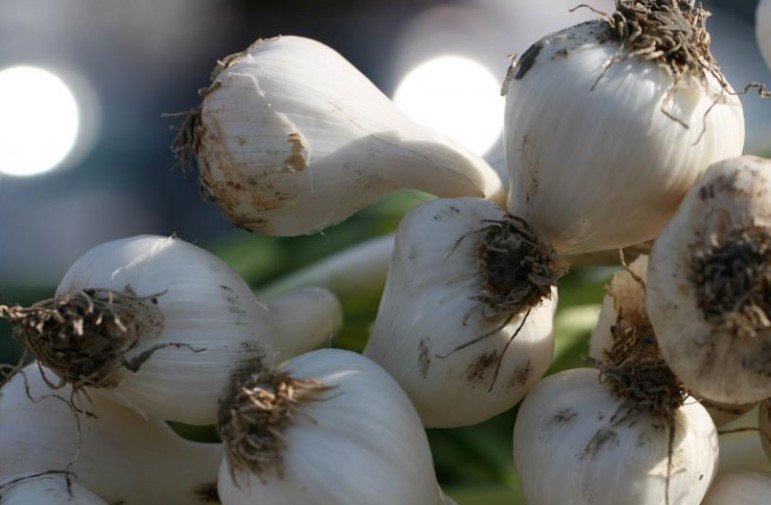Egypt’s garlic fields are bustling this season. Growers have ramped up production to meet rising international demand, especially from key markets like Russia, Poland, Brazil, and Taiwan.
A Season of Growth and Opportunity
Gehan Elsherif, executive manager of G Fresh Export & Import, shared that production has surged compared to last year. The fertile Nile Delta, a prime garlic-growing region, has seen better yields despite the usual challenges farmers face.
The garlic season, which runs from February to July, often swings in output due to weather, soil quality, and labor availability. This year, conditions lined up more favorably, encouraging growers to expand production. The boost couldn’t have come at a better time, as global demand continues to climb.

Costs and Challenges Lurking Behind the Growth
Higher yields are great — but they don’t come without hurdles. According to Elsherif, several factors are keeping growers on their toes. Fertilizer prices, labor shortages, and fluctuating input costs all play a role in shaping the season’s profitability.
Shipping logistics pose another headache.
- Freight rates are climbing steadily.
- Container availability remains tight.
- Exporters must balance price competitiveness with rising expenses.
These challenges add a layer of uncertainty to what would otherwise be a thriving season.
Fresh, Dry, and Everything in Between
The season’s timing is crucial for both fresh and dry garlic varieties. Right now, Egypt is still in the fresh garlic phase. However, the mid-season shift is just days away, marking the arrival of both fresh and dry garlic.
By May, the dry garlic season will be in full swing. This dual availability strengthens Egypt’s position in the global garlic market, appealing to buyers looking for versatility — whether it’s fresh cloves or longer-lasting dry bulbs.
Egypt’s Competitive Edge
Egypt’s garlic isn’t just abundant — it’s competitive. The combination of favorable growing conditions, skilled farmers, and strategic export channels keeps Egyptian garlic in high demand.
While rising costs and logistical snags could pose threats, Egypt’s garlic industry remains resilient. The country’s ability to scale production and meet international demand showcases its agricultural strength — a strength that’s proving hard to match this season.
